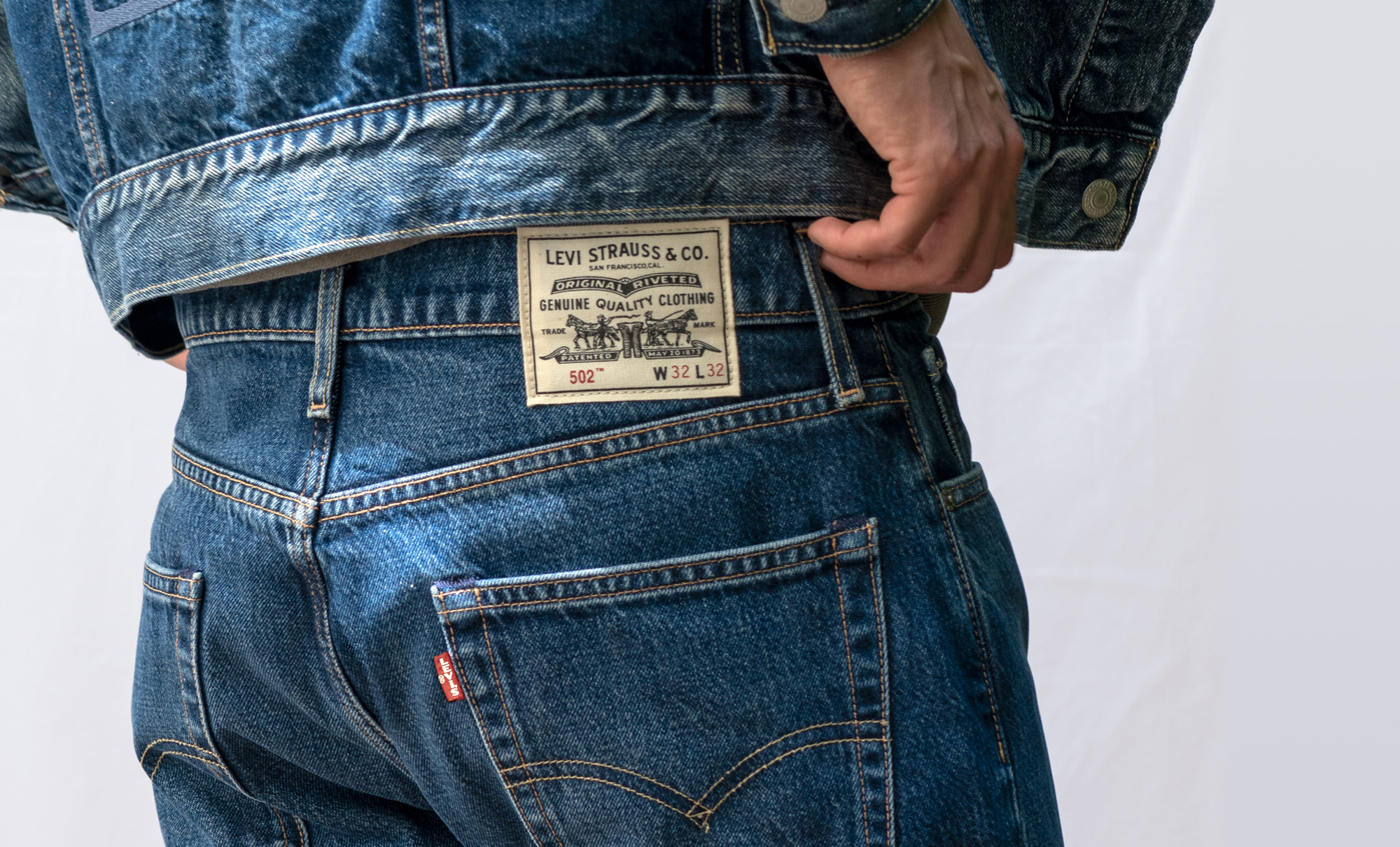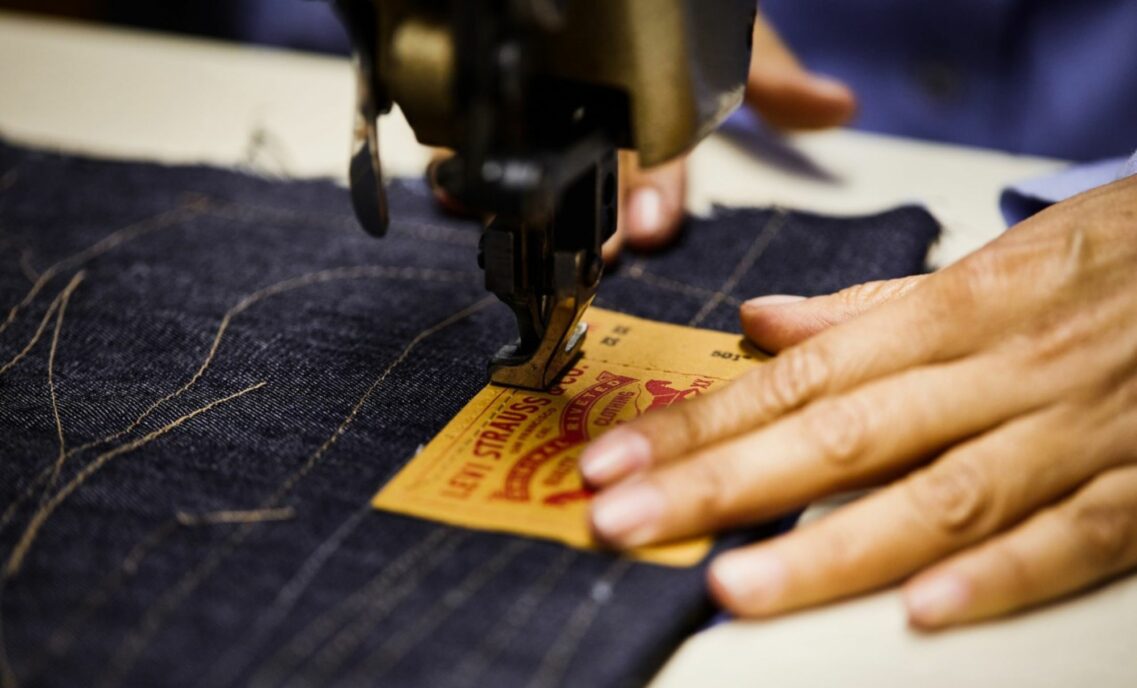Across our business here at Levi Strauss & Co., we’re working to make our products more sustainable, all the way down to the fibers we use and how they’re sourced. For fibers like viscose, modal and lyocell, which are made from wood pulp, this led to us instituting policies to protect ancient and endangered forests, promoting closed-loop fiber production processes and introducing innovative materials with recycled content.
Last week, we received strong validation of our work on this front, when Changing Markets Foundation released its Dirty Fashion: Crunch Time report on the environmental and social impacts of wood-based fiber production in the apparel industry. After examining 100 brands, Changing Markets recognized LS&Co. as one of 14 frontrunners — and one of only two based in the U.S. — because of the commitments and approach we articulated in our Commitment to Source Sustainable Wood-Based Fibers.
The responsible sourcing and use of wood-based fibers can have significant impacts on the environment, from air and water quality to biodiversity. We have a track record here. In 2014, we signed a pledge launched by the NGO Canopy to prevent fiber sourcing from ancient and endangered forests by 2020. We followed through on that commitment — now the only wood-based fibers in LS&Co.-developed products are sourced from “green shirt” suppliers, Canopy’s highest designation for suppliers’ efforts to protect ancient and endangered forests and provide traceability as well as fibers with more sustainable, next-generation inputs from recycled and regenerative sources.
Recognizing the environmental impacts of the wood-based fiber manufacturing process, we adopted the Changing Markets Roadmap, which defines key principles and guidelines for responsible viscose manufacturing.
“Levi Strauss & Co. understands the importance of both addressing the impacts of wood fiber production and protecting ancient and endangered forests,” said Jeffrey Hogue, LS&Co.’s Chief Sustainability Officer. “The Changing Markets Roadmap will play a key role in guiding our work with suppliers to address the environmental and social impacts of manmade cellulosic fiber manufacturing.”
LS&Co. is also innovating and working to scale next-generation fibers that require fewer natural resources to cultivate and process than conventional viscose. Earlier this year, we brought to market the first jeans containing Circulose® by re:newcell, a fiber made in part from recycled denim.
More sustainable, next-generation fiber solutions are still emerging. As more come online, we will continue to leverage new fiber innovations to lessen our use of resource-intensive virgin raw materials. Additionally, about two-thirds of the manmade cellulosic fibers used in our products are lyocell fibers, made with closed-loop manufacturing processes that recover and reuse chemicals and water. This drastically reduces the environmental impacts and natural resources required for their production.
We’ll keep driving on each of these focus areas — sourcing fibers responsibly, engaging suppliers to address manufacturing impacts and using innovative, less resource-intensive fibers — as we continue our work to deliver more sustainable, less resource-intensive products at scale.







